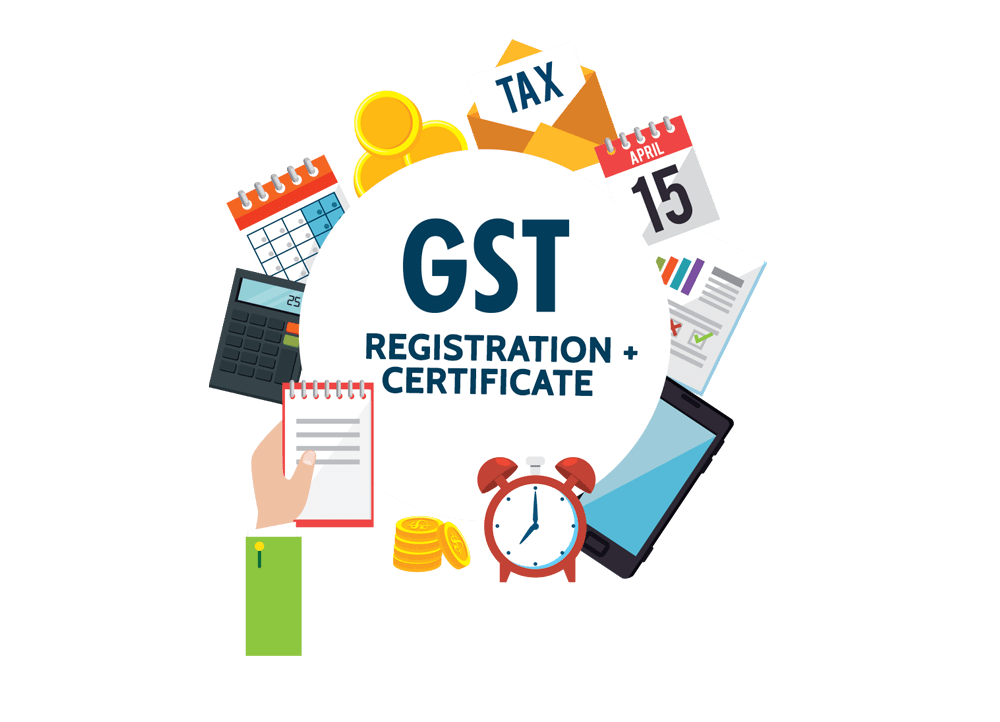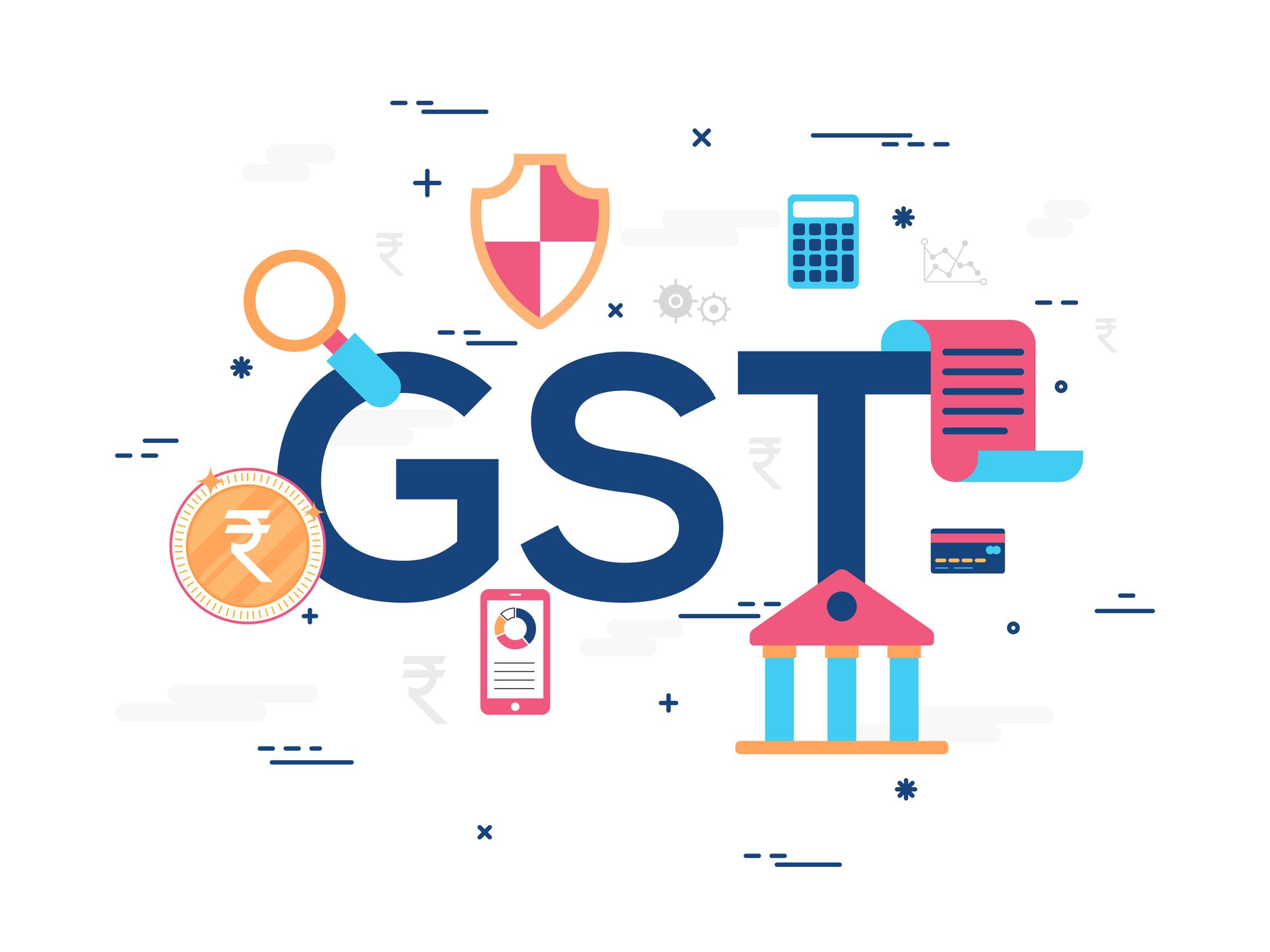Why Businesses Favor the very best GST Registration Services in Singapore
Why Businesses Favor the very best GST Registration Services in Singapore
Blog Article
From Begin to End Up: The Ultimate Roadmap to GST Registration for Services Seeking Financial Stability
Navigating the intricacies of Item and Services Tax (GST) registration is a critical step for businesses pursuing economic stability. From recognizing the essential concepts of GST to complying with post-registration standards, the process can appear intimidating in the beginning look. Breaking down the roadmap into manageable actions can enhance the enrollment trip for services looking to improve their economic standing. Let's explore the necessary elements that compose this supreme roadmap and discover just how each stage contributes to laying a strong structure for financial success.
Recognizing GST Essentials
Delving right into the essential concepts of Goods and Solutions Tax Obligation (GST) is crucial for acquiring a comprehensive understanding of its implications on services and the economic climate. GST is a value-added tax obligation imposed on many goods and services for residential usage. It has replaced multiple indirect taxes that existed in the pre-GST period, enhancing the tax framework and improving ease of doing organization in India. Under the GST system, both solutions and products are tired at a certain rate, which is established based upon their classification. If their yearly turn over surpasses the threshold limit established by the government, organizations are needed to sign up for GST. Input Tax Credit Scores (ITC) is a substantial function of GST, permitting companies to assert credit report for taxes paid on inputs, minimizing the overall tax obligation worry. Understanding the essentials of GST is crucial for companies to abide by tax obligation laws, handle their finances successfully, and add to the nation's economic growth by participating in a clear tax system.
Qualification Requirements for Registration
To sign up for GST, organizations must satisfy certain qualification requirements established by the federal government. The key qualification demand is that any kind of service associated with the supply of goods or solutions with a yearly accumulation turnover above the threshold limitation established by the authorities have to sign up for GST. As of the current regulations, the threshold restriction for GST enrollment is an annual accumulation turn over of 40 lakhs for businesses running within a state, other than for unique group states where the limitation is 20 lakhs. Furthermore, certain organizations are called for to sign up for GST irrespective of their turn over, such as interstate suppliers, casual taxed persons, and businesses reliant pay tax obligation under the reverse fee mechanism. It is essential for organizations to extensively evaluate their turnover and purchase types to establish their GST registration commitments properly. Failure to sign up for GST when eligible can lead to charges and legal repercussions, making it important for organizations to comply with the specified qualification requirements.
Files Needed for Enrollment
Having met the eligibility standards for GST registration, organizations should now guarantee they have the requisite records in place to wage the enrollment procedure efficiently. The papers needed for GST registration typically include evidence of service constitution, such as partnership action, enrollment certificate, or unification certificate for various kinds of organizations. Furthermore, businesses require to supply documents developing the primary place of organization, such as a rental agreement or power expense. Frying pan card of business, as well as the identity and address proof of promoters/partners/directors, are important for verification objectives. Checking account statements, together with canceled cheques or a copy of the financial institution passbook, are needed to validate the monetary information supplied during registration. Furthermore, businesses have to have electronic trademarks prepared for the licensed notary. Making sure all these files are organized and conveniently offered Extra resources will certainly speed up the GST registration procedure, allowing companies to follow tax laws flawlessly.
Step-by-Step Enrollment Refine
Commencing the GST enrollment procedure includes a series of organized actions to guarantee a smooth and certified enrollment for services. The initial step is to check out the GST site and complete the registration kind with accurate details of business entity. Following this, the applicant gets a Short-lived Reference Number (TRN) which is used to return to the application procedure if it's not completed in one go.
Following, all required records according to the list offered by the GST portal need to be submitted. These papers generally consist of proof of business address, identification and registration proofs of marketers, economic declarations, and organization entity's frying pan card.

Post-Registration Compliance Standards

Verdict
In conclusion, companies seeking monetary stability needs to comprehend the essentials of GST, fulfill eligibility criteria, gather needed records, adhere to the step-by-step enrollment procedure, and follow post-registration standards - Best GST registration services in Singapore. By adhering to these actions, organizations can guarantee compliance with tax obligation regulations and keep financial stability in the future
Additionally, particular services are called for to register for GST irrespective of their turn over, such as interstate vendors, casual taxed individuals, and companies accountable to pay tax under the reverse charge mechanism.Having fulfilled the eligibility requirements for GST enrollment, services must currently ensure they have the requisite files in location to proceed with the enrollment process successfully. look these up The records needed for GST my explanation registration typically consist of proof of organization constitution, such as partnership act, registration certification, or consolidation certificate for various types of organizations. Additionally, organizations require to offer files establishing the principal area of business, such as a rental agreement or electrical power bill.Commencing the GST registration process includes a series of structured steps to ensure a smooth and compliant registration for services.
Report this page